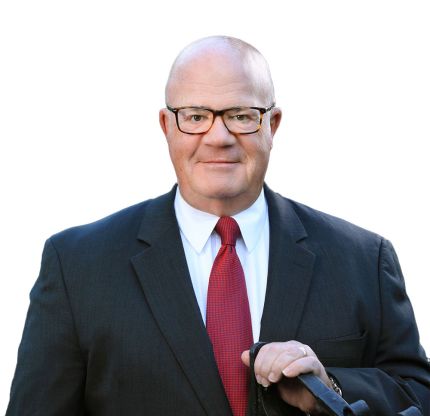DeathCare has been losing ground relative to consumers for almost 30 years. Now comes research that may explain why and what to do about it.
To many observers (myself among them) what we sell seems well on the road to becoming a commodity. As a means of moving market share, differentiation based on price seems more effective and faster than differentiation on quality of service. This downward spiral threatens all of us as the loss of margin also leads to loss of value. The industry reaction to this phenomenon is to overserve customers; but it doesn’t appear this strategy is experiencing widespread success. At least as far as moving market share or average sale.
I recently was exposed to some non-industry research that I feel might explain the challenge we are failing to adequately address. It’s conclusions made me wonder if we aren’t wired by our predispositions as caregivers to respond ineffectively to the challenges we are facing.
What Changed?: Funerals are no longer simple
There is little doubt that the funeral and cemetery businesses have become more complex in the last 30 years. This is true in many ways but none more so than the complexity of our product. For the most part the days of simply choosing a casket are gone. We have entered the era of “The Complex Sale”. I believe it is this single issue that could produce the leverage point we need to begin turning the downward spiral around. The term complex sale is usually used in the context of B2B selling, but i think it is an appropriate application here as complex sales are defined as follows:
- they are expensive
- they have a technical component
- they involve multiple roles from both seller and buyer sides
- they require that you build and sell value
- they include “why buy at all?”, as opposed to “why buy from me?”
- they involve buyer side resistance
- They often involve multiple decision makers and a consensus approach
Why we fail:
For, literally, generations it has been believed that the best performing sales people were relationship builders. It is likely that this was true when products and services were simple. But in the 1970’s many industries discovered that sales was increasingly more complex. Investments were made in research and, subsequently, retraining entire sales forces to “Master the Complex Sale.” Successful Funeral Directors are consummate relationship builders. In fact, I believe DeathCare in general is a “relationship industry.” Personally, I love that about it.
But, recent research by the Sales Executive Council across 6,000 sales reps in every major industry uncovered a surprising fact about how personality traits influence effectiveness in a complex selling environment. They found that personality types tended to cluster into 5 different types. Among these are Relationship Builders and Challengers. More interesting yet was the discovery that, in a complex environment, Relationship Builders and Challengers are at opposite ends of a continuum. Relationship Builders represent only 4% of high performers while Challengers accounted for 54%.
It is easy to confuse the word challenger with a confrontative personality and while there is an element of that, Challengers are no jerks.
Relationship Builder Challenger
Gets along with others Teaches
Is likable Tailors
Generous with time Asserts control
In other words Relationship Builders are accommodating and judge their effectiveness by how much they are liked and appreciated. Challengers adopt a teaching and tailoring style to guide the customer to the best solution.
The Good News:
Challenger skills can be taught. More to the point they fit better with the new role I have been preaching that funeral directors need to adopt: Expert.
An expert teaches. Challengers teach for differentiation. An expert tailors their solution for each client so that their proposal will resonate. Finally, they take control of the process because they know so much about their area of expertise they believe they can help the client make a better decision.
The most common metaphor used for the process of mastering the complex sale is that of a physician. A physician doesn’t give you an array of all he offers for treatment and let you decide. If he did we might pick an antibiotic to treat cancer so we could avoid the pain of the real solution. Instead, he carefully explores the patient’s entire history and symptoms and even tests before he makes a recommendation.
In the coming weeks I will get more specific on how you can learn how to be a challenger and stop overserving and start helping your clients.
P.S. Many funeral directors believe they don’t sell. Hogwash! Everyone sells every day! It is the passive selling system that so perfectly fits our relationship builder’s hearts that we cling to with our deathgrip that is preventing us from building what has been for millenia a valuable and meaningful contribution to society.


